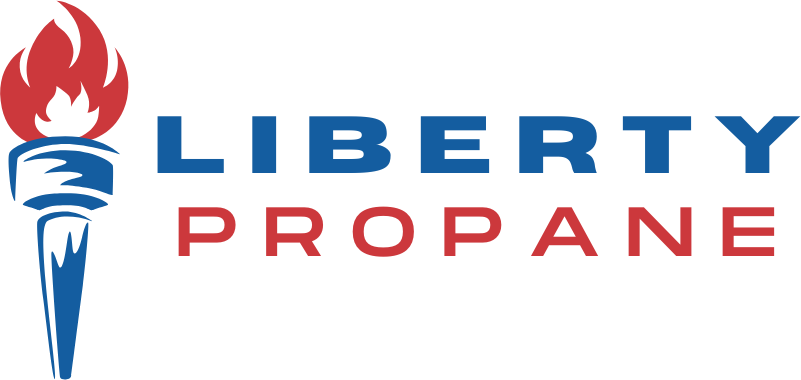FAQ
Frequently Asked Questions
What is propane, and how is it different from natural gas?
Propane is a type of liquefied petroleum gas (LPG) stored as a liquid and used for heating, cooking, and fueling certain vehicles. Unlike natural gas, which is delivered via pipelines, propane is stored in tanks and can be transported to various locations.
Is propane safe for home and commercial use?
Yes, propane is a safe energy source when used properly. Propane appliances and tanks are manufactured with strict safety standards. Additionally, an odorant is added to propane, giving it a distinct smell to detect leaks easily.
How do I detect a propane leak?
Propane has a distinctive odor added to it, similar to rotten eggs or a skunk smell, which helps detect leaks. If you smell propane, evacuate the area, avoid open flames, and contact your propane supplier or emergency services.
What are the common uses for propane in homes?
Propane is widely used for home heating, water heating, cooking, clothes drying, and outdoor grilling. It’s also used for fireplaces and backup power generators.
How efficient is propane compared to electricity?
Propane is highly efficient for heating applications, often providing faster and more consistent heat than electric options. Appliances that run on propane are generally more energy-efficient and have lower operating costs than their electric counterparts.
What sizes of propane tanks are available, and how do I choose the right size?
Propane tanks come in various sizes, from small 20-pound tanks used for grilling to large 1,000-gallon tanks for whole-home heating. The appropriate size depends on your usage needs, property size, and the appliances you plan to fuel.
Can propane be used as a backup fuel during power outages?
Yes, propane is an excellent backup energy source. It can fuel generators, heating systems, and cooking appliances, ensuring you have reliable power and heat during an outage.
How long does a propane tank last?
The lifespan of a propane tank depends on the size of the tank, how full it is, and your usage rate. For example, a 500-gallon tank used for home heating may last several months, while a small 20-pound tank for grilling may last for hours.
What are the environmental benefits of using propane?
Propane is a cleaner-burning fossil fuel, emitting lower levels of carbon dioxide, particulate matter, and other pollutants compared to gasoline, diesel, and even some electricity sources. Its use helps reduce greenhouse gas emissions.
Can I install propane appliances and tanks myself?
For safety and compliance, propane appliance and tank installations should always be done by a licensed professional. They will ensure correct installation, leak testing, and compliance with local and federal regulations.

